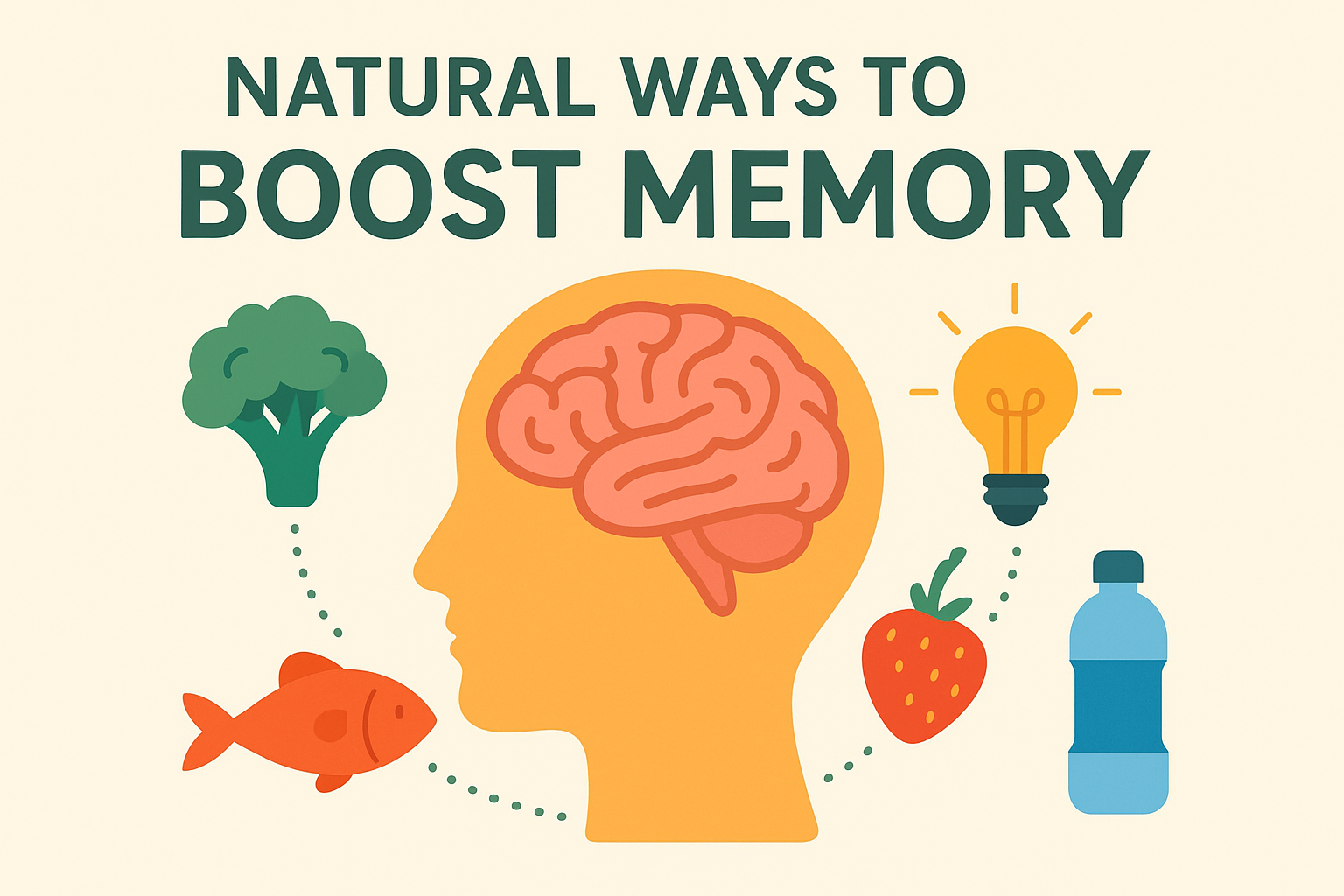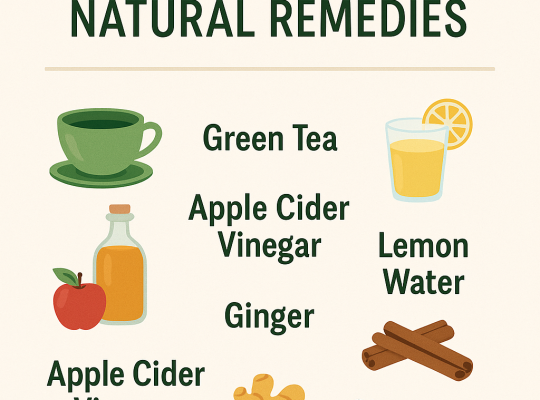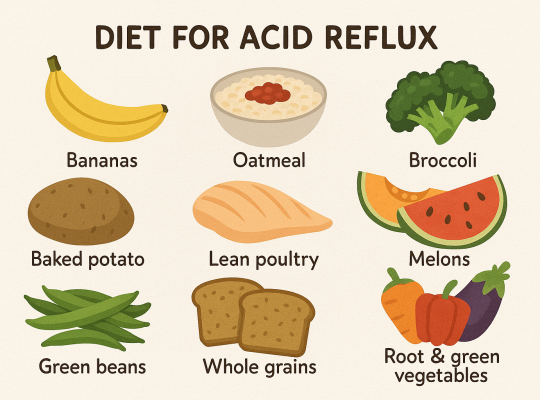In a world overflowing with distractions, maintaining sharp memory and laser focus can feel like an uphill battle. Whether you’re cramming for exams, tackling a demanding project at work, or simply trying to remember where you left your keys, your mental clarity can make all the difference. Fortunately, there are natural techniques that can unlock your mind’s potential, boosting memory and enhancing focus without the need for synthetic stimulants or supplements. In this article, we’ll explore 14 proven strategies that harness the power of nature and simple lifestyle changes to elevate your cognitive abilities. From mindfulness practices and dietary adjustments to engaging in brain-boosting activities, these techniques are designed to enhance your mental performance holistically. Say goodbye to forgetfulness and distractions—it’s time to discover how you can transform your mind and unleash your full cognitive power!
1. Understanding Memory and Focus
Memory and focus are the foundations of mental performance. Memory works through three stages: encoding (taking in information), storage (keeping it), and retrieval (recalling it when needed). Focus allows your brain to direct energy toward specific tasks while filtering out distractions. When both are optimized, productivity, creativity, and decision-making improve dramatically.
2. The Science Behind Memory Enhancement
The brain’s ability to change and adapt—known as neuroplasticity—is the key to memory enhancement. Neuroplasticity allows your brain to form new connections and strengthen existing ones, influenced by factors such as diet, sleep, exercise, and mindfulness. Supporting neuroplasticity naturally boosts your ability to learn, remember, and concentrate.
3. The Role of Nutrition in Cognitive Function
Your brain consumes about 20% of the body’s energy, making nutrition vital for mental performance. Incorporating brain-friendly foods can significantly improve clarity and recall:
-
Omega-3 fatty acids (salmon, chia seeds, walnuts) for brain cell communication.
-
Antioxidants (blueberries, green tea, dark chocolate) to fight oxidative stress.
-
B vitamins (spinach, eggs, lentils) to support neurotransmitter function.
-
Complex carbohydrates (brown rice, oats, quinoa) for steady energy release.
A balanced diet ensures your brain has the fuel it needs to thrive.
4. Natural Supplements for Memory Improvement
Certain herbal and natural supplements can complement your diet to sharpen focus and memory:
-
Ginkgo Biloba – improves circulation to the brain.
-
Bacopa Monnieri – enhances memory retention and recall.
-
Lion’s Mane Mushroom – stimulates nerve growth factor for brain repair.
-
Rhodiola Rosea – reduces mental fatigue and sharpens concentration.
Always consult a healthcare professional before adding supplements to your routine.
5. Mindfulness and Meditation Techniques
Meditation isn’t just calming—it rewires your brain for focus. Research shows mindfulness meditation increases gray matter density in areas linked to memory and learning. Practices such as deep breathing, guided meditation, and body scans reduce stress, sharpen concentration, and help you stay present. Even 10 minutes daily can transform your mental clarity.
6. The Impact of Physical Exercise on Brain Health
Exercise fuels both body and brain. Aerobic activities like running, swimming, and cycling increase blood flow to the brain, releasing brain-derived neurotrophic factor (BDNF), which strengthens neural connections. Strength training and yoga also reduce stress hormones and enhance oxygen delivery. Aim for at least 30 minutes of exercise most days for optimal brain benefits.
7. Sleep Hygiene: Restoring Your Cognitive Abilities
Sleep is when your brain consolidates memories and removes toxins that build up during the day. Poor sleep leads to forgetfulness and poor concentration. To optimize sleep hygiene:
-
Stick to a consistent bedtime routine.
-
Avoid screens an hour before sleep.
-
Keep your room cool, dark, and quiet.
-
Limit caffeine and alcohol in the evening.
Aiming for 7–9 hours of quality sleep is one of the most powerful ways to enhance memory and focus.
8. Brain-Boosting Activities and Games
Mental workouts are as important as physical ones. Activities such as crossword puzzles, Sudoku, memory card games, chess, and even learning a new language stimulate different areas of the brain. These games strengthen neural pathways, making recall and focus sharper over time.
9. The Importance of Social Connections for Mental Clarity
Strong social ties don’t just improve emotional health—they also support cognitive health. Engaging in conversations, group discussions, and community activities keeps the mind sharp by challenging memory and problem-solving. Laughter and bonding also reduce stress, further supporting focus and clarity.
10. Hydration and Its Role in Mental Performance
Even mild dehydration can impair memory and focus. Since the brain is nearly 75% water, staying hydrated is essential for cognitive function. Drinking 6–8 glasses of water daily—or consuming hydrating foods like cucumbers, watermelon, and oranges—can keep your mind alert and sharp.
11. The Power of Nature and Sunlight Exposure
Spending time in natural environments improves mental clarity and reduces stress. Sunlight exposure boosts vitamin D, which plays a role in brain health. A simple 20-minute walk outdoors can refresh your mind, reset focus, and increase overall productivity.
12. Limiting Digital Distractions and Practicing Digital Detox
Constant notifications and endless screen time overwhelm the brain. Practicing digital discipline—such as turning off unnecessary alerts, setting screen-time limits, and taking regular digital detox breaks—helps restore focus and prevents attention fatigue.
13. Aromatherapy and Natural Scents for Cognitive Support
Certain natural scents have been linked to improved alertness and memory retention. For example:
-
Rosemary – enhances memory recall.
-
Peppermint – boosts alertness and focus.
-
Lemon – uplifts mood and mental clarity.
Using essential oils in a diffuser or inhaling them during study sessions can give your brain a natural boost.
14. Gratitude and Positive Thinking Practices
A positive mindset doesn’t just improve mood—it enhances brain function. Gratitude practices reduce stress hormones, making it easier to focus and retain information. Keeping a gratitude journal, practicing affirmations, or simply reflecting on positive experiences trains your brain to stay clear, calm, and focused.
Conclusion: Implementing Techniques for Lasting Change
Boosting memory and focus doesn’t require synthetic stimulants or complicated routines. By adopting these 14 natural techniques—ranging from better nutrition and hydration to mindfulness, exercise, sleep, and gratitude—you can unlock your brain’s full potential.
Start by choosing one or two techniques that feel manageable, then gradually build them into your lifestyle. Over time, these small, consistent changes will create powerful, lasting improvements in your mental clarity, productivity, and overall cognitive health.
Frequently Asked Questions About Boosting Memory and Enhancing Focus.
Which natural supplements may help with memory and focus?
A: Notable options include:
Ginkgo biloba — improves cerebral blood flow.
Bacopa monnieri — supports memory retention.
Lion’s Mane Mushroom — promotes nerve growth factor.
Rhodiola rosea — counteracts mental fatigue and sharpens focus.
Which types of foods are beneficial for cognitive function?
A: Brain-friendly foods include:
Omega-3 fatty acids (e.g., salmon, chia seeds, walnuts) for neuron communication.
Antioxidants (e.g., blueberries, green tea, dark chocolate) to combat oxidative stress.
B vitamins (e.g., spinach, eggs, lentils) to support neurotransmitters.
Complex carbohydrates (e.g., brown rice, oats, quinoa) for steady energy release.
How does physical exercise benefit brain health?
A: Aerobic activities (running, swimming, cycling) boost blood flow and elevate BDNF, strengthening neural connections. Strength training and yoga help reduce stress hormones and improve oxygen delivery. Aiming for at least 30 minutes of exercise most days is ideal.
How do social connections contribute to mental clarity?
A: Social activities like conversations and group discussions challenge memory and problem-solving, reduce stress, and promote focus. Laughter and emotional bonds further support cognitive health.
Why is sleep hygiene essential for focus and memory?
A: Sleep consolidates memories and clears daytime toxins. Poor sleep disrupts concentration and recall. Effective habits: maintain a consistent bedtime, avoid screens an hour before bed, and keep your bedroom cool, dark, and quiet. Aim for 7–9 hours of quality sleep.










